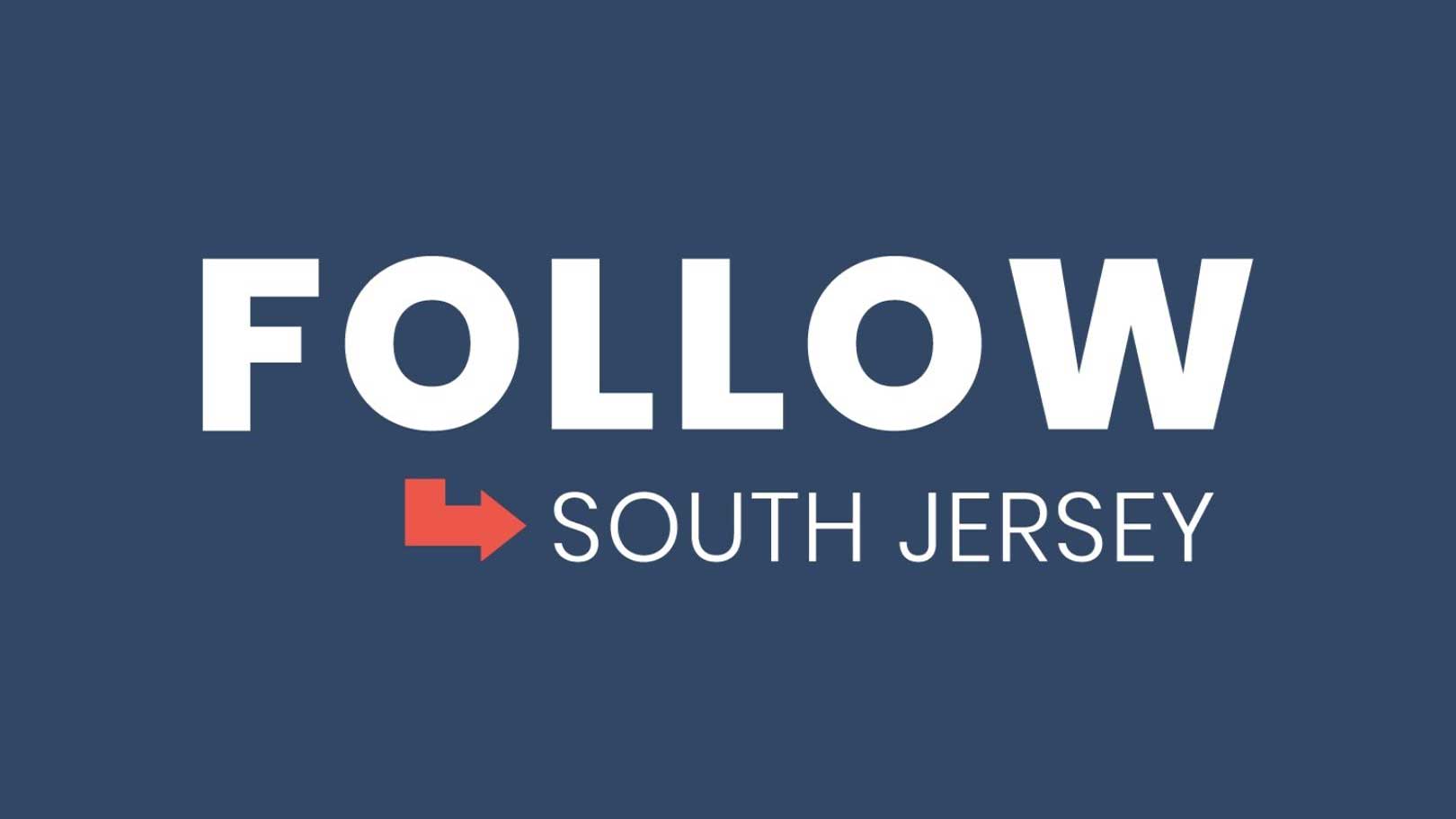By: Carly Truett, Writer / Follow South Jersey Public Health Intern

GLASSBORO, N.J. — Colleges and universities have been responding to the COVID-19 pandemic since early March while continuing to plan for the upcoming year. For Rowan University, this response also included a surge in pandemic-related projects for researchers across the university. Among them is Dr. Harriet Hartman, a sociologist and professor in the College of Humanities and Social Sciences.
Dr. Hartman is investigating the response of Rowan students, faculty, and staff to the COVID-19 pandemic. Starting in late March, Hartman has received more than 3,000 survey responses. Her preliminary results point to some areas of interest that may help the university in developing policies and programming for the upcoming year.
The study results indicate that the pandemic has impacted the mental wellbeing of students, faculty, and staff. More than half feel that their social life has suffered, and about half of the population surveyed report feeling stressed and afraid of the future. When asked about finishing the spring semester remotely, 43% of students said that their home environment was not conducive to studying. Up to a third of faculty responded that they did not have adequate training to go online, given the rapid change to online learning in the spring.
“Even if they’re safer at home, their academic life may not be supported,” Hartman said.
The economic impacts of the pandemic have also reached the Rowan population. About one-third of students are worried about how they will finance their college education. Among faculty and staff, more than a third report financial concerns. Many have experienced layoffs in their immediate families. Additionally, many students, faculty, and staff are balancing caretaking responsibilities — often of children under 12, but also older children and the elderly — with their workloads.
Preliminary results also show that a particular population may be more vulnerable to impacts of COVID-19: first-generation college students.
First generation students, Hartman explains, are more likely to be reliant on university resources and less likely to have familial or financial support. More than one-third of Rowan students are first-generation.
Hartman has also found that half of first-generation students are responsible for their college education on their own, compared to only one-quarter of non-first-generation students. Since the COVID-19 pandemic began, they have been more likely to be laid off by their employer, more likely to worry about having the funds to continue their education, and also feel less confident about their ability to return to classes in the fall. Knowing that this population appears to be facing more financial vulnerability can help the university tailor policies and resources.
Understanding the burden of the pandemic can help guide policies unique to the needs of Rowan’s population.
“It’s really important for the policymakers to understand, and I think they do understand, but this will give them more concrete numbers,” Hartman said.
This same technique may help other colleges and universities in the area guide their reopening plans.
- VIDEO: What’s Good In South Jersey? ‘Give Something Back’ Career Fair 2024 — With Isaiah Showell
- ‘Our Garden’ Project At Reed’s Organic Farm Aims To Bring People Together Through Gardening
- Ashly Estevez-Perez Founded Monvimiento Tricolor To Serve And Celebrate Dominican Republic Heritage
This article was produced by a Follow South Jersey news intern thanks to a grant provided by the Robert Wood Johnson Foundation through the New Jersey Health Initiatives program to create hyper-local news to meet the informational and health needs of the City of Bridgeton, N.J.

